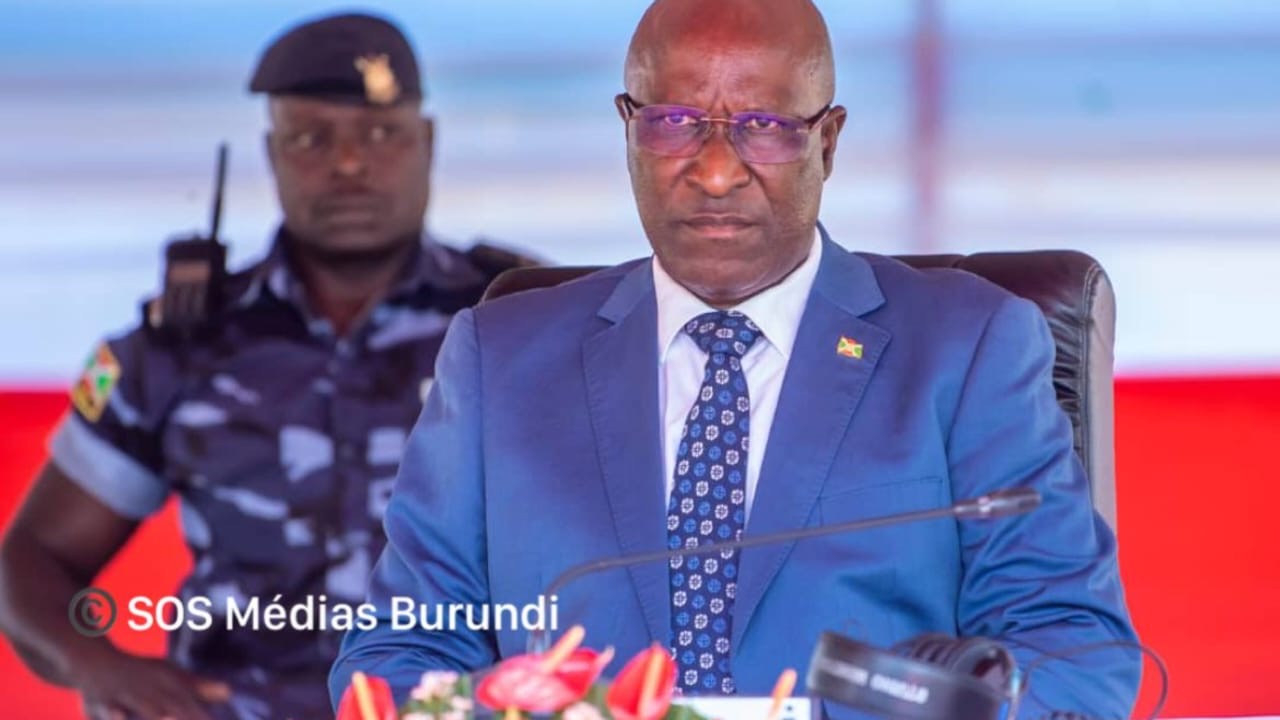Gervais Ndirakobuca, the former Prime Minister with a controversial past, wins the presidency of the Burundian Senate

SOS Médias Burundi
Gitega, August 5, 2025 – Former Prime Minister and police general Gervais Ndirakobuca was unanimously elected President of the Burundian Senate on Tuesday, during the formal opening of the 7th legislature in the chamber of Gitega, the political capital. This election strengthens the grip of the CNDD-FDD, a former Hutu rebellion that became the ruling party, on the country’s key institutions.
The inaugural plenary session saw the establishment of a bureau composed exclusively of members from the majority party. Gervais Ndirakobuca, nicknamed « Ndakugarika » (I’ll kill you), received 100% of the votes cast by the senators present. A former Minister of the Interior, Community Development, and Security, he also served as Chief of Staff of the National Intelligence Service (SNR) before being appointed Prime Minister in June 2022, succeeding the formerly all-powerful Alain Guillaume Bunyoni, who is currently in prison.
Originally from Bukinanyana, in the western province of Bujumbura, Ndirakobuca remains a controversial figure. He has been targeted by US and European Union sanctions for his alleged role in the violent repression of protests against another controversial term of the late President Pierre Nkurunziza in 2015 and the years that followed.
An office locked by the CNDD-FDD
Alongside the new Senate President, two Vice-Presidents were unanimously elected : Police General Générose Ngendanganya, also Hutu, originally from Bugendana in Gitega Province (central Burundi), and Ms. Clotilde Kampimbare, Tutsi and native of Burunga Province (southern Burundi).
Senators then fully approved the appointment of Nestor Ntahontuye as Prime Minister, confirming the dual institutional reshuffle sought by President Évariste Ndayishimiye.
Continuity and concentration of power
This institutional restructuring illustrates the complete hold of the former Hutu rebellion over the machinery of state. Already dominant in the National Assembly and the government, it has consolidated its control at the top of the Senate.
Some observers believe that this refocusing of power around figures from the security apparatus loyal to the president could strengthen internal cohesion, but also reduce the prospects for political pluralism in the small east African nation.

